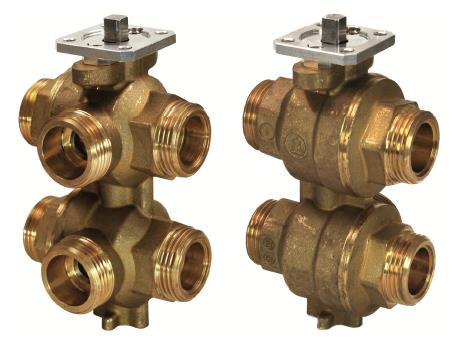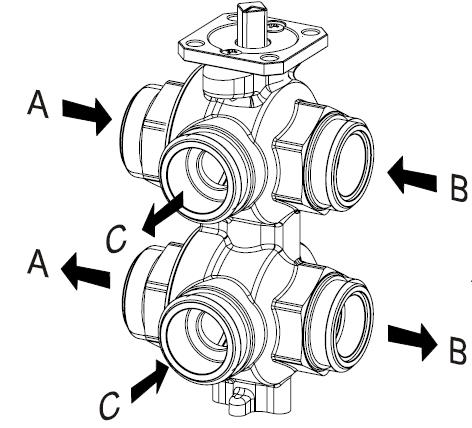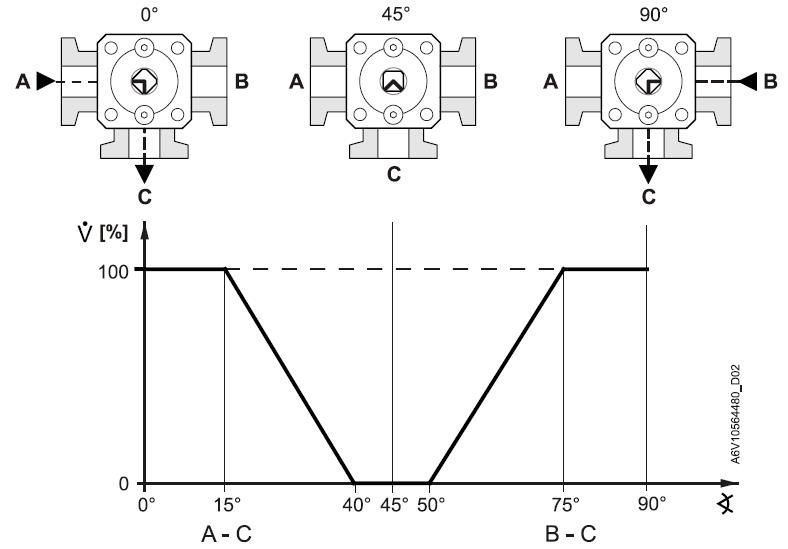Search the Community
Showing results for tags 'valve'.
-
Good Morning. I have upstairs Radiators with Tado valves and downstairs 1 Radiator and a new UFH with just one zone. Recently I got installed an electric valve to the UFH and the smart connection fromTado. Although Tado states that I would need a wiredTado Thermostat for the UFH my electrician wired everything into the Tado Wireless receiver and replaced the Worcester Bosh control. When I now turn on the Tado Radiator valves it works as far as the heating turns on and off when needed, but they always turn on as well the UFH pump and switch, which I would hope would just turn on when requested via the Tado Temperature Sensor for the UFH ( which is now used wireless) I thought it would be possible to have the UFH pump and valve just on when I need the UFH? Could anyone direct me and my electrician in the right way possible? My electrician just sent me this morning the idea that he thinks it could work with a UFH4, a 4 pole relay with 2xNO&2xNC contacts? Thank you for your thoughts. Greetings Manni
-
A follow on from my previous question: Has anybody had experience of these 6-port Ball valves? It is designed to switch a radiant panel between a heating source to a cooling source and I was considering using it in reverse to switch the ASHP between the 2 destinations in my design. I am considering it because it is a ball valve which completely isolates and can have equal flow between outputs: I would have to put in a bypass into the ASHP supply as it takes 80-90 seconds to change and has a dead (no flow point). This one is the Siemens VWG41.20-4.25-4.25 (20mm connection 4.25m3/h through each way)
-
I have not called any professional because there is the Coronavirus "how long is a piece of string" Pandemic. Since January 2021 boiler started leaking water drops after I saw heavy smoke coming from the flue, so I turned boiler off and took the bottom cover off to collect the drops. I have put washing up bowl under the boiler to collect the water drops and then each day once or twice I empty it. The boiler is a few years old and so part/s sourcing is a challenge and it probably requires a total boiler replacement. From January 2021 to now I can see corrosion / limescale deposits and some rusty stains on the washing up bowl. I have switched from gas central heating to electric radiators. To bathe I heat water pot and use bucket. So I'd be grateful if professionals could tell me the steps on how to stop the boiler water drops until the coronavirus situation improves. The system has hot water storage cylinder, cold water tank and is therefore called standard / regular / traditional / conventional boiler. (i) Do I have to go into loft and do something at the cold water tank (large)? (ii) Do I have to drain cold water tank (large), if so is this by siphon pump as using plumbing wrenches might be complicated because it could cause accident for layperson? (iii) Do I have to shut the stopcock function in the cold water tank (large) - is there anything in the market to do it cleanly and for long time rather than using timber and string? (iv) Do I have to insert a stopper / bung in the water outlet - how can I make sure that water flow does not shove-out the stopper / bung after a few days or weeks? (v) Do I have an easier method - is there some pipe above the boiler that has a valve which can be switch off the water flow using a screw driver? (vi) Do I have to do other stuff for doubly ensuring water drops whichmethod is used remains shut? (vii) Do all registered plumbers / gas engineers have to carry gas masks by their regulation bodies, if eventually a professional has to be called? Thank you.
-
Present house has a themostatic bar mixer valve. when it works, it is great. BUT... The present house is 12 years old. At 4 years old, the mixer stopped regulating properly, so i replaced the thermostatic cartridge. At 8 years old, it failed again. Although the original cartridge came out easily, I had to press VERY hard (vice) to get the new one fully home, so I thought the chance of getting it out to replace it again was slim. So I bought a whole new bar mixer. Now at 12 years old, it's failed again. So is 4 years the "normal" life? is it considered normal to have to repair or replace them every 4 years? If so I will be lookinf for something different for the new house, something that just keeps working. SWMBO of course blames me for buying the cheapest. That is true of the current one, but not the original. Is it really true that if I spend more, it might last longer than 4 years? Is it a problem with our water? We have very soft water here so I can't think of an issue, but clearly something is gumming up inside. Is it worth digging out the original one, giving it a few days soaking in something like Viakal and trying it again? Ideas and observations please.




